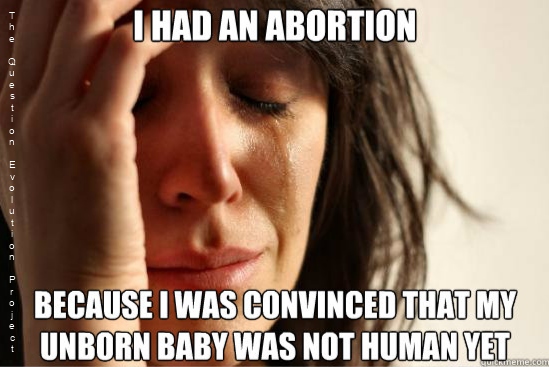Ethics in Science and Human Embryos
Scientists like to get inside organisms to see what makes them go, but where do they draw the line? It's acceptable to donate human cadavers for medical research, but to take a living human embryo and watch it develop in a dish before killing it? According to evolutionary thinking, humans are equated with animals, and we are not specially created by God in his image.
Interestingly, secularists are inconsistent with their ideas. There are protests against experimentation on animals (which led to the development of insulin to help millions of people with diabetes), but there are millions of human abortions each year, partly from the "it's just a blob of tissues" idea. Scientists are wanting to extend the limit on life in a dish for a human embryo. Is it ethical? Is it moral? Not for those of us who believe that life is a gift of God and begins at conception. Indeed, taking the reasoning to its logical conclusion can lead to extension after extension...
 |
| This "meme" is making a point, not a joke. |
Secular biologists want to see how long they can keep embryos in a dish before killing them.To see what Sara writes, and read the rest of the article, click on "Tinkering with Human Embryos More Brazen than Ever".
You can feel the undercurrent in Nature News’ story about a new record for keeping human embryos alive: they want to extend it past the 14-day limit set by international agreement. Sara Reardon writes: